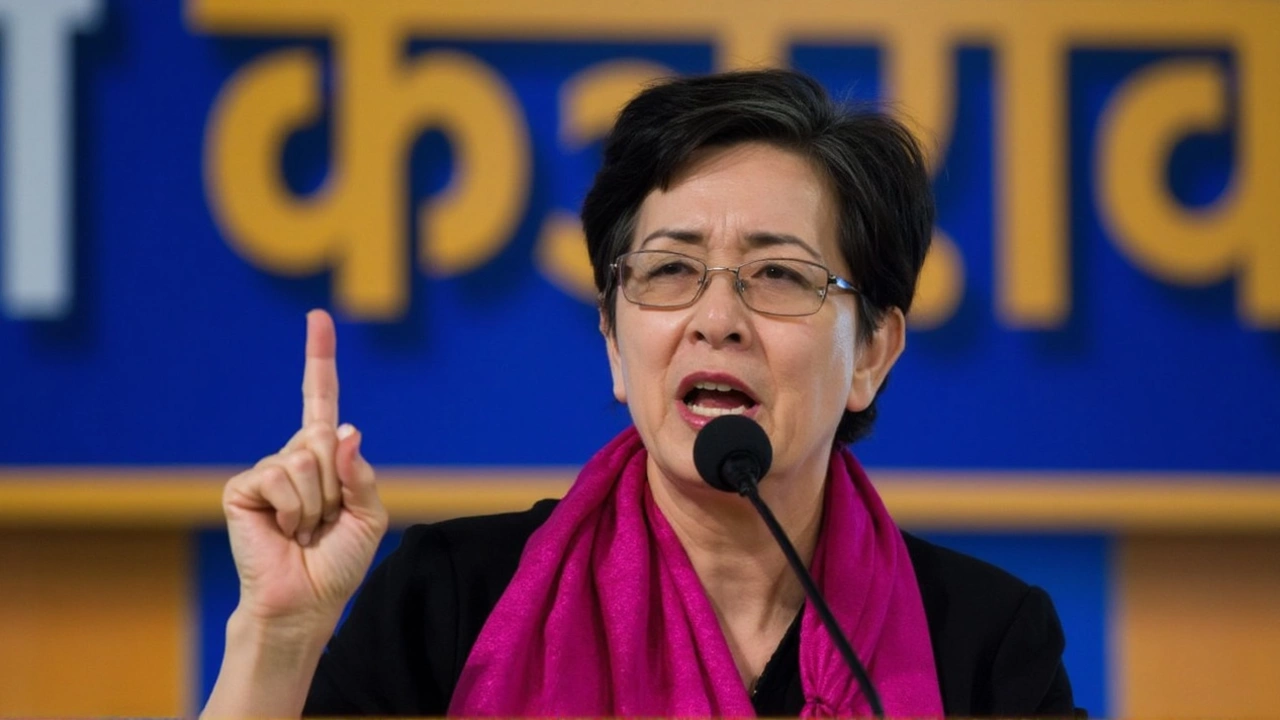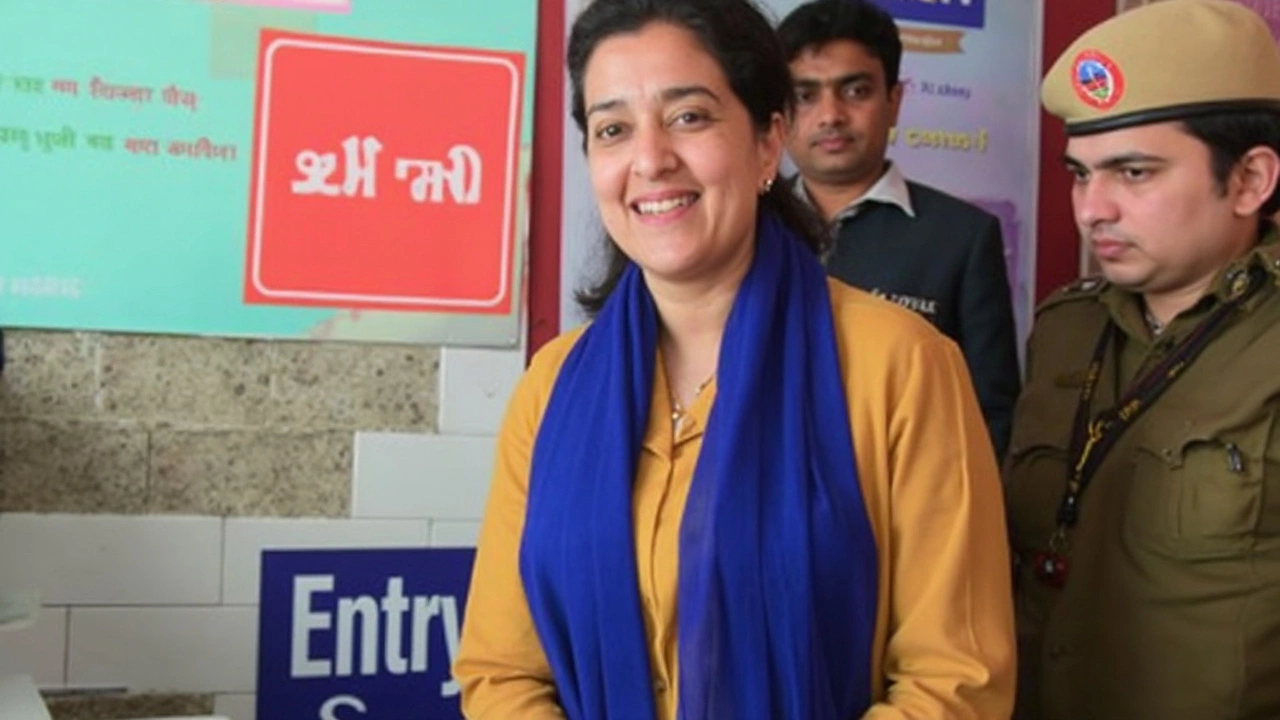In a dramatic turn during the Delhi Assembly elections, Aam Aadmi Party (AAP) leader Atishi emerged victorious, retaining her position in the Kalkaji constituency. Her win over her rival, Ramesh Bidhuri from the Bharatiya Janata Party (BJP), came as she overturned early predictions that saw her trailing. By the end of the day, she secured a decisive victory with a 3,500-vote margin.
The electoral contest in Kalkaji was a microcosm of the broader political battle in Delhi, characterized by heightened stakes and fervent campaigning. Initially, Atishi appeared to be on shaky ground, as early vote counts showed her behind. However, she managed to gather momentum, reflecting her resilience and the strong groundwork laid by her party. Her victory wasn't just a personal triumph but a testament to AAP's focused efforts on education and healthcare reform, which resonated deeply with the constituents.
High Profile Rivalry and Key Issues
Facing off against Ramesh Bidhuri, a seasoned BJP candidate, Atishi had to navigate a challenging campaign landscape. Bidhuri, with a background as a former BJP Member of Parliament, leveraged his experience and criticized AAP's policies, predicting their downfall. Despite these predictions and the BJP's aggressive campaign strategies, Atishi remained unfazed. Her strong emphasis on civic issues such as infrastructure and sanitation struck a chord with voters. Residents of Kalkaji have long faced challenges in these areas, making Atishi's focus on practical solutions all the more appealing.
Moreover, her reputation as an education reformer worked to her advantage. In a city where education standards and access are hot-button issues, Atishi's track record offered a tangible improvement narrative. Her ability to connect with the electorate on these essential services differentiated her campaign from traditional political rhetoric.
The Kalkaji seat had previously seen Atishi's leadership since the 2020 elections when she first won it. This context adds another layer to her victory, as maintaining the seat amid BJP's resurgence indicates AAP's continued relevance in the national capital's political arena.

Bigger Picture in Delhi
While the battle in Kalkaji showcased Atishi's resolute leadership, it also surfaced amidst a bigger shift in Delhi's political landscape. The 2025 elections marked a comeback for the BJP, which had been trying to regain its footing in Delhi for nearly three decades. This resurgence saw significant gains for the party, with AAP's leader, Arvind Kejriwal, admitting defeat in other key areas. Yet, the Kalkaji win serves as a glimmer of hope and strength for AAP's camp, highlighting their ability to hold strong in the face of expanding competition.
Atishi's victory underscores the complex dynamics at play in Delhi's political scene. It signifies more than just retaining a seat; it represents a continued dialogue around crucial urban issues that demand attention and innovative solutions. Kalkaji, and indeed Delhi, stands at a crossroads where governance quality directly impacts daily life, and leaders like Atishi are shaping the path forward.
